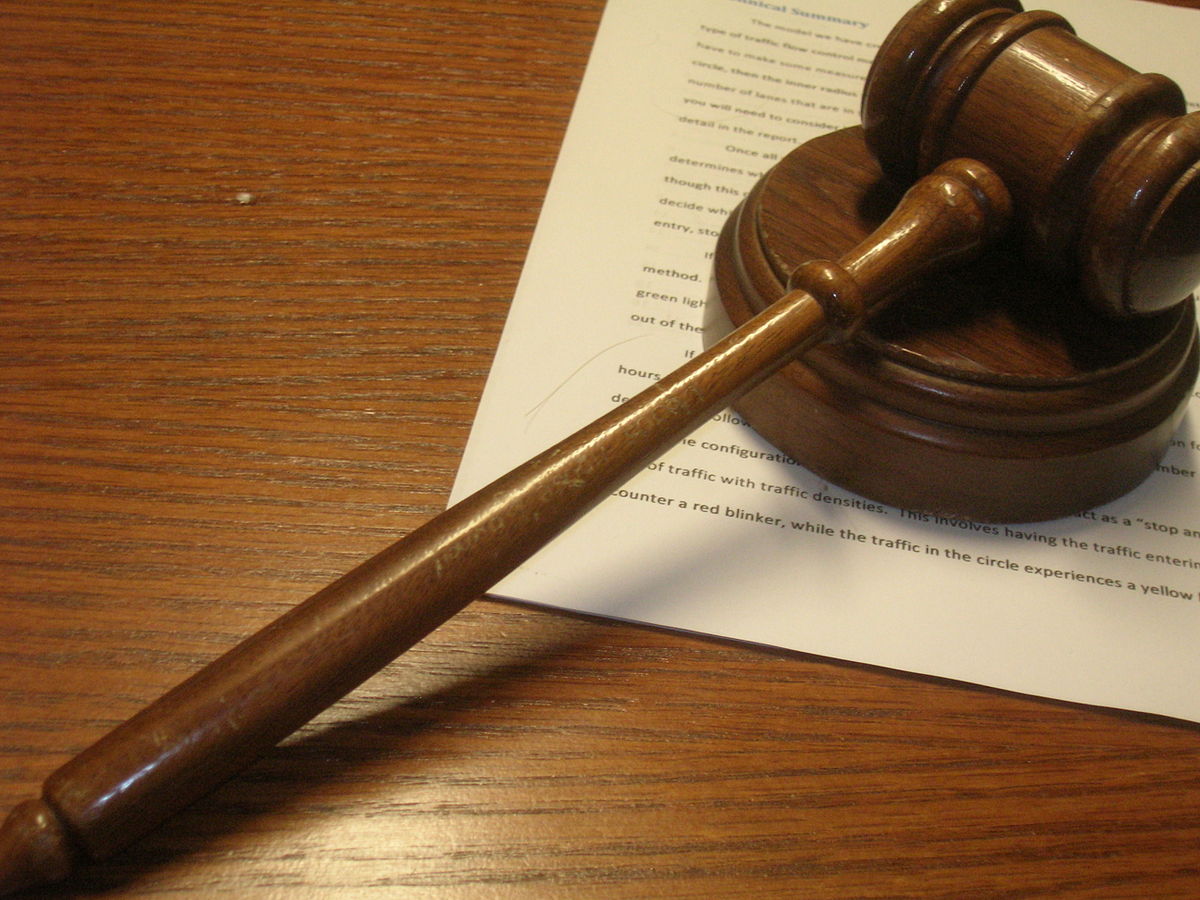The company claims that it was erroneously asked to pay over $121 million in taxes, fees, and interested related to a subsidiary company from which GM receives little revenue.
General Motors has filed a lawsuit against San Francisco, seeking to recover an estimated $121 million in taxes, penalties, and interest that the company claims it had overpaid.
According to FOX News, the lawsuit was filed earlier this week. In it, attorneys for General Motors suggested that the automaker was owed a refund of at least $108 million in taxes and another $13 million in interest in penalties.
San Francisco, the complaint claims, had erroneously included some of GM’s gross receipts when assessing fees for the company’s Cruise robo-taxi division headquartered in the city.
“The San Francisco Business and Tax Regulations Code […] is facially invalid because […] each distinct business activity must separately calculate its own City gross receipts using rules and tax rates specifically established for those separate lines of business,” the lawsuit alleges. “In addition, as applied to GM, the Code considers Cruise’s payroll in determining apportionment, which results in an amount of GM’s gross receipts being attributed to San Francisco that is tens of thousands of times greater than if Cruise’s payroll were not included in GM’s payroll factor.”
“Lastly,” the complaint states, “using a single payroll factor for a manufacturing company with all of its manufacturing activity outside of the City is inherently distortive.”

Although San Francisco has not yet agreed to issue any refund, General Motors says that Cruise is operated as an independent entity, with GM receiving only minimal sales revenue from its robo-taxi program.
“The California Government Code mandates that the city taxes must fairly reflect the proportion of activity actually carried on within the city, and they do not, either generally or as applied to GM,” General Motors attorneys wrote.
The complaint notes that, if Cruise’s interests are more clearly disentangled from those of General Motors, then GM would have only sold an estimated $677,000 worth of product in San Francisco in 2022.
This notwithstanding, General Motors also indicates that San Francisco improperly conflated its payroll liabilities with Cruise’s separate payroll liabilities.
In support of its position, General Motors attorneys detailed how—through investment in Cruise’s predecessor, Cruise Automation Inc.—the automaker became party to agreements that “prohibit GM from entering Cruise’s business [of autonomous rideshare]” and “prohibit Cruise from entering GM’s business [of automobile manufacture and retail].”
“Cruise has an experienced executive leadership team that is separate from GM’s leadership team. Cruise also maintains its own corporate functions that include human resources, communications, legal, public policy, finance (including treasury and accounting), and marketing,” the lawsuit says. “Together, Cruise’s executive leadership and corporate functions include approximately 480 professionals all based at Cruise’s headquarters in San Francisco.”
“These employees are all employed directly by Cruise and operate separately from GM,” it adds.
However, The San Francisco Chronicle observes that General Motors retains enough control over Cruise to have ordered the dismissal of a full one-fourth of its workforce in December.
Sources
General Motors sues San Francisco over $108 million tax bill tied to Cruise
GM files $121 million lawsuit against San Francisco
GM sues San Francisco over $121 million tax bill linked to Cruise


Join the conversation!